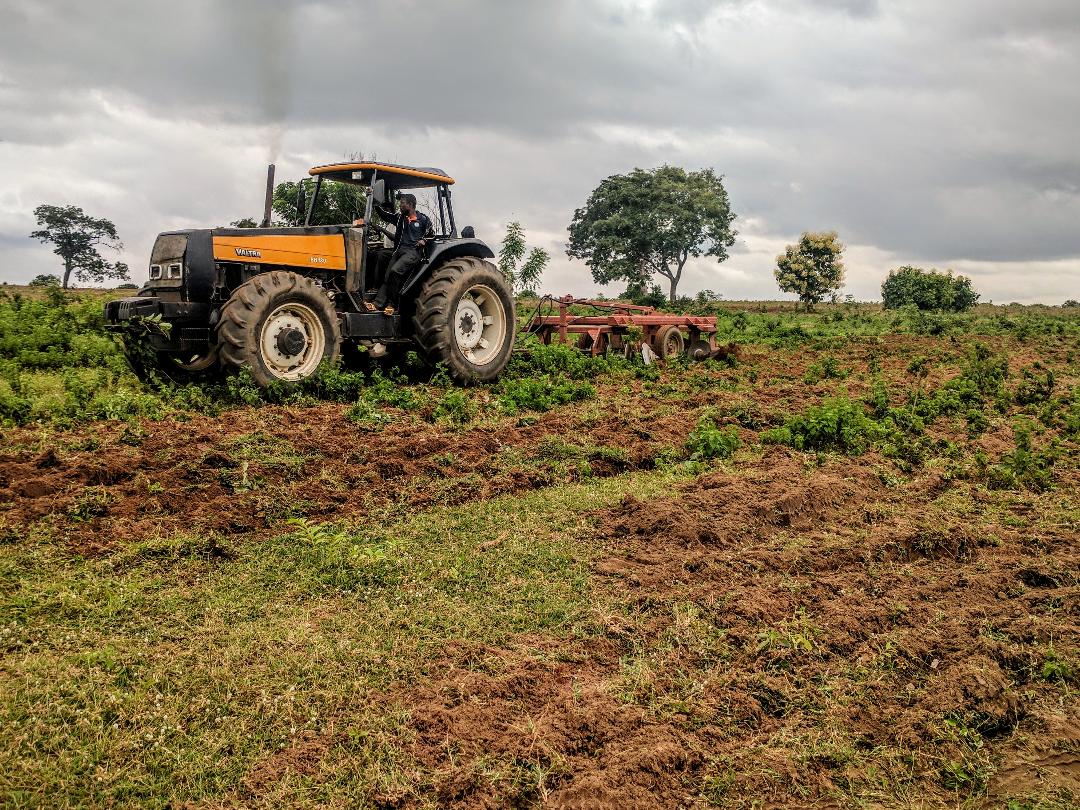Nigerians bear the weight of a war a world away

A farm in Nigeria in 2017
Hailey Brown - Suleiman Chubado, a Nigerian farmer, told the New York Times, “We are in two different worlds, separated by airplanes and oceans. How can it be affecting us here?” He and his family, like many other Nigerians, are feeling firsthand the effects of food shortages — rationing food and skipping meals. Chubado knows the war in Ukraine is a critical cause of the food insecurity he is experiencing. But why has a war on another continent had such a great impact on his life? It has disrupted supply networks that control Nigerians’ access to inorganic fertilizer.
Inorganic fertilizer is essential to most Nigerian farmers’ ability to cultivate a healthy and abundant crop yield. However, inorganic fertilizer has become inaccessible for most Nigerian farmers because of network disruptions. Networks consist of flows through nodes in locations around the world. Fertilizer requires inputs such as nitrogen and potassium, that are sourced, refined, and shipped from nodes worldwide. The COVID-19 pandemic halted production throughout the world, disrupting the flow of goods. By the time the network recovered, Russia had invaded Ukraine, and a new set of disruptions to the network ensued. In response to the war, the U.S. and other Western countries placed sanctions on Russia and its allies. These sanctions limited access to natural gas, stunting the production of nitrogen, which is energy-intensive to produce. Sanctions also slowed the production of potassium, which is often made from potash. Most of the potash is mined in Russia and its allied country Belarus. The lack of flows from these central nodes caused production to fall on other suppliers. Increased demand and low supply of these resources created a temporary fertilizer scarcity. While supply has since returned to normal, prices have remained high, pushing most Nigerian farmers out of the market. Though some have turned to organic fertilizer, it takes years for the crops to thrive using this method.
The result is weak crops and low yields, leaving families without an important source of food and income. They skip meals and no longer send their children to school. The experience of Nigerians on the local scale has been changed drastically for the worse due to the influence of conflicts around the world on the global economy.

